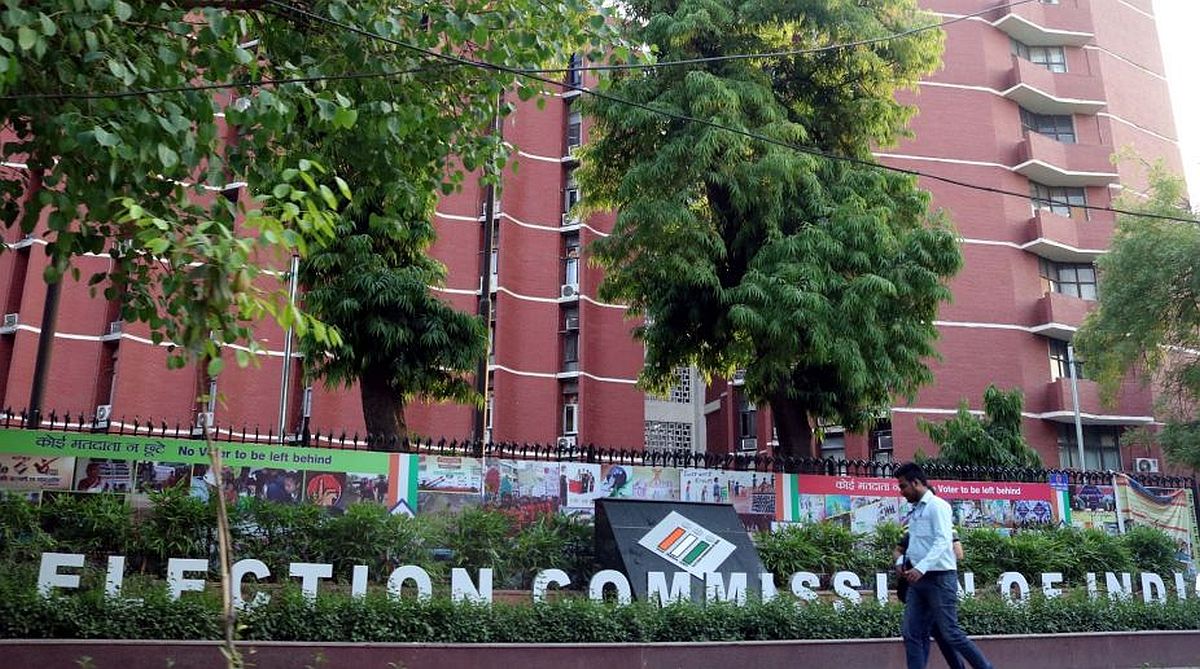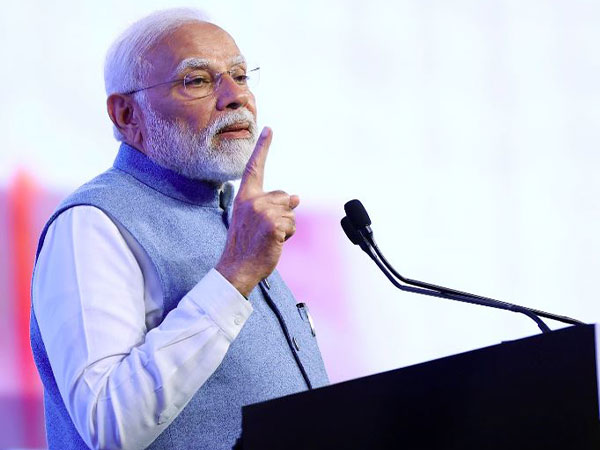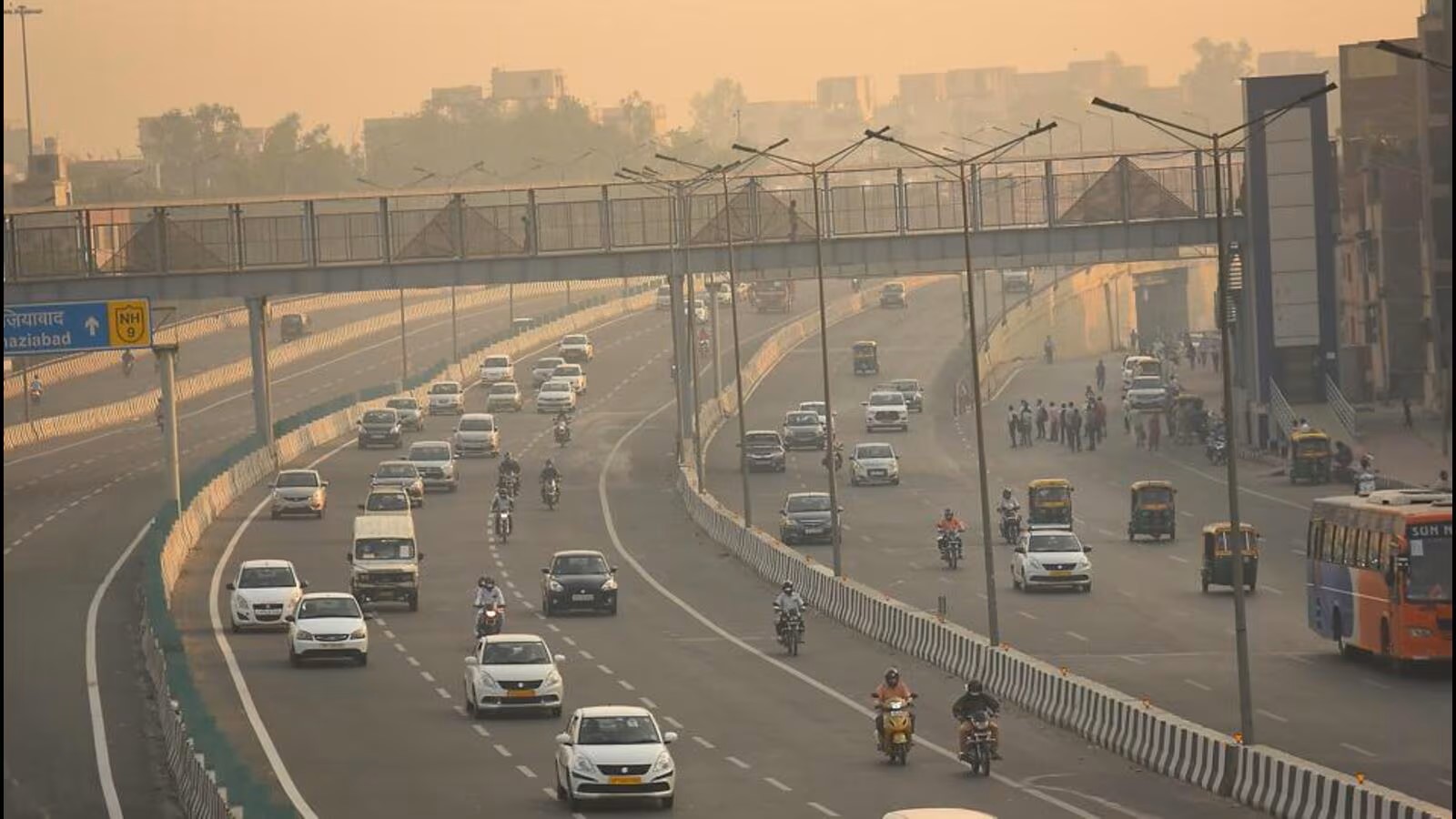The Supreme Court on Friday asked the Election Commission (EC) to respond to an appeal from the NGO Association for Democratic Reforms (ADR). The NGO raised concerns about a notable increase in final voting percentages days after polling, suggesting potential tampering with electronic voting machines (EVMs). This follows the SC’s April 26 dismissal of ADR’s plea for a return to ballot papers due to suspicions about EVM reliability.
 NEW DELHI: On Friday, the Supreme Court sought a response from the Election Commission regarding an application by the Association for Democratic Reforms (ADR). The NGO expressed alarm about potential EVM tampering due to significant increases in final voting percentages reported days after polling. The bench, consisting of Chief Justice D Y Chandrachud and Justices J B Pardiwala and Manoj Misra, ordered the EC to respond to ADR’s application by May 24. This matter will be heard by a vacation bench during the court’s summer break starting Monday.
NEW DELHI: On Friday, the Supreme Court sought a response from the Election Commission regarding an application by the Association for Democratic Reforms (ADR). The NGO expressed alarm about potential EVM tampering due to significant increases in final voting percentages reported days after polling. The bench, consisting of Chief Justice D Y Chandrachud and Justices J B Pardiwala and Manoj Misra, ordered the EC to respond to ADR’s application by May 24. This matter will be heard by a vacation bench during the court’s summer break starting Monday.
ADR requested the court to mandate the EC to publish voting data within 48 hours of polling closure. The bench questioned the delay in publishing turnout data on the EC’s website, to which the EC’s counsel responded that compiling the data takes time.
Despite the SC’s previous dismissal of ADR’s plea on April 26, which questioned the reliability of EVMs, ADR has continued to express doubts about the integrity of the electoral process. The SC had affirmed the trustworthiness of EVMs, with Justices Sanjiv Khanna and Dipankar Datta stating that EVMs are simple, secure, and user-friendly. They also noted the incorporation of the VVPAT system, which enhances vote verifiability and electoral accountability.
ADR highlighted delays in reporting voter turnout data during the ongoing elections. For instance, voter turnout data for April 19 was published on April 30, and the data for the second phase, which concluded on April 26, was also published on April 30. This delay, combined with an unusual increase of about 5-6% in final turnout figures, has led to public suspicion regarding the accuracy of the data.
The NGO called for the EC to publish scanned, legible copies of Form 17C Part-I (account of votes recorded) for all polling stations within 48 hours of polling to ensure transparency and uphold voter confidence.
The Supreme Court emphasized the need for transparency and fairness in the electoral process. The Chief Justice-led bench refuted claims of preferential treatment, asserting that the court addresses issues based on their merit, regardless of the petitioner.
With ADR pushing for greater transparency and the EC defending its procedures, the upcoming court session on May 24 is set to address these critical concerns about the electoral process.




